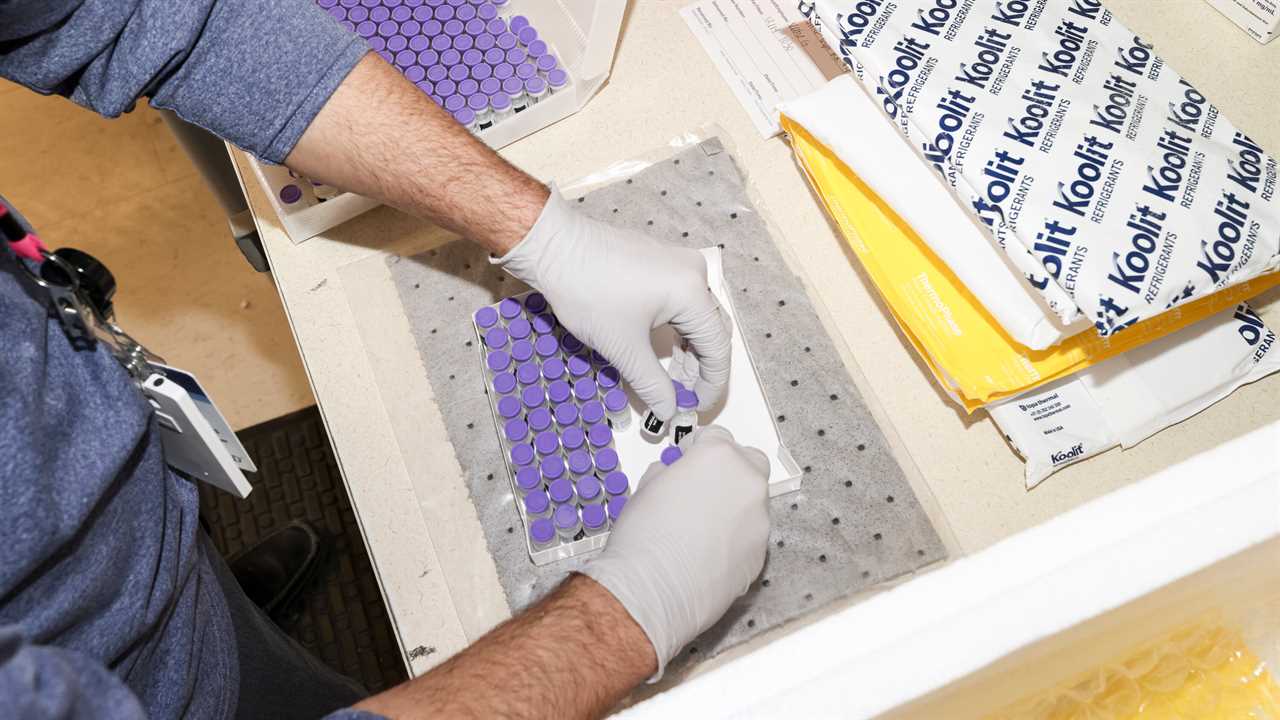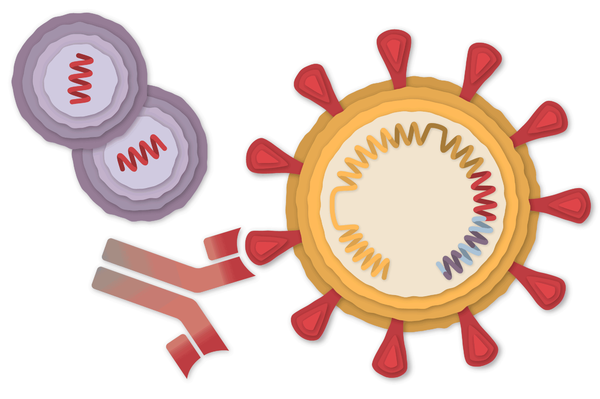
Officials in several states said that they were caught off guard on Wednesday when they learned that next week’s shipment of the Pfizer-BioNTech vaccine would contain fewer doses than the first week.
In Oregon, state health officials said they were told they were only scheduled to get 25,350 doses of the vaccine next week, significantly less than the 40,950 doses that the state received this week. Iowa’s public health department issued a similar release, saying they were told “they will not receive the volume of vaccine initially anticipated,” and that their shipment would be as much as 30 percent less than what they received this week.
Officials with Operation Warp Speed, the federal effort to distribute a Covid-19 vaccine to the public, also said Wednesday that they had allocated only 2 million doses for next week’s shipment, less than the 2.9 million that were delivered this week. The officials said they expect to ship 5.9 million doses next week of a vaccine developed by Moderna, which is expected to be authorized by the Food and Drug Administration on Friday.
The move sent some states scrambling to adjust their plans and raised questions about whether federal officials will be able to meet their goal of administering an initial shot of the two-dose Pfizer and Moderna vaccines to 20 million people by January 1, just two weeks away.
The smaller shipment appeared to be the result of a scheduling hiccup created when federal officials, responding to a request by states, decided to allocate next week’s doses this Tuesday instead of on Friday, as they had planned. States had asked federal officials for more time to plan their allotments before deliveries begin on Monday, but doing so meant that the federal government could not include in that shipping estimate additional vaccine batches that were released after Tuesday, according to a senior administration official.
The batches of vaccine that were not included in next week’s allocation will be included in the shipment the following week, the official said.

How the Pfizer-BioNTech Vaccine Works
Two shots can prime the immune system to fight the coronavirus.
The official, who agreed to speak on condition of anonymity because he was not authorized to discuss the shipments, said it was unclear whether future weekly shipments would increase because the government did not have a good view into Pfizer’s manufacturing process. Unlike other companies that took federal funding for development and manufacturing of their Covid vaccines, Pfizer signed an advance purchase agreement in which it is only paid if the vaccines are delivered. The official also said that the company’s production estimates had fallen in recent weeks.
Pfizer said in a statement on Wednesday that the company “is not having any production issues with our Covid-19 vaccine, and no shipments containing the vaccine are on hold or delayed.” The company also said, “We have millions more doses sitting in our warehouse but, as of now, we have not received any shipment instructions for additional doses.”
The company also said it had shared with the federal government “every aspect” of its production and distribution process. “They have visited our facilities, walked the production lines and been updated on our production planning as information has become available,” the statement said.






